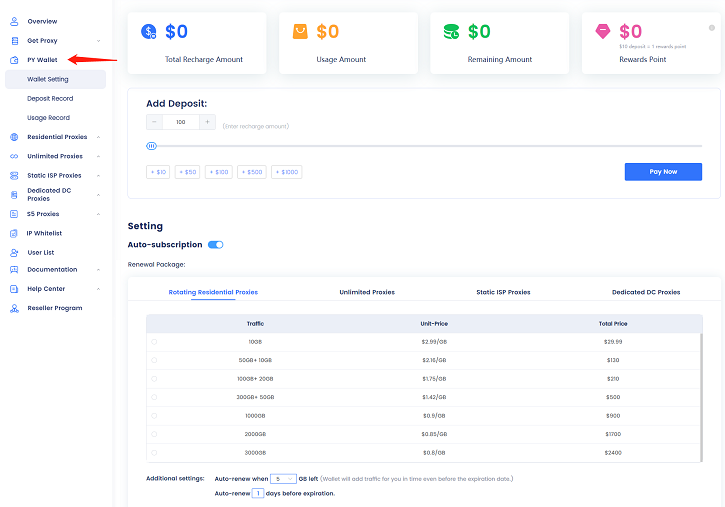What is a proxy server, and how does it work?
Proxy servers can secure and improve the communication between the client and the requested service. Still, the exact functionality and security or privacy benefits vary depending on your needs and proxy server type.To get more news about best proxy service, you can visit pyproxy.com official website.
How does a proxy server work?
The word “proxy” means “to act on behalf of another,” and that is precisely what a proxy server does. It acts on the client’s or web server’s behalf to receive and forward requests.

Internet traffic flows through the proxy server on its way to the requested address, and the request then comes back through that same proxy server before you receive the requested data. Here’s how it works in more detail:
Proxy servers work in a similar way as virtual private network (VPN) servers. They also route traffic on your behalf, masking your identity. The most notable difference between a proxy and a VPN is that VPN also encrypts the traffic while proxy servers don’t.
Since a proxy server can be on the server side or a part of network infrastructure, the client can also be unaware of the intermediary proxy and assume it’s directly communicating with the requested address.
For example, your work network or internet service provider (ISP) can use a proxy server to filter or cache content or even track your activities without you even knowing about it. And those are not the only uses of proxy servers.
What is a proxy server used for?
Proxies are powerful tools for managing or securing network traffic and improving performance. Here are some of the most common use cases of proxy servers:
Network filtering. You can use proxy servers to filter and block access to certain websites or web content. In this case, proxies are like firewalls, enforcing compliance and internet censorship, preventing malware infection or phishing attacks, or restricting access to inappropriate or illegal content.
Caching. Proxy servers store frequently accessed resources like web pages, images, and videos. They then serve cached data to clients instead of fetching content from the original server.
Load balancing. Proxy servers distribute client requests across multiple servers to prevent overloading one server. They can also detect and redirect requests from failed or overloaded servers to servers that haven’t reached capacity.
Bypassing restrictions. While proxy servers on the server side can enforce internet restrictions, proxies on the client side can help bypass them. Since proxy servers reroute web traffic, they can bypass restrictions set by network administrators, ISPs, or even governments.
Masking the IP address. The proxy server connects to the web on your behalf, so the web destination sees the server’s IP address instead of yours. It keeps your IP address and other identifying information hidden from the websites you access online.
Providing SSL encryption and decryption. Some proxy server types can handle SSL/TLS encryption and decryption. It allows the web server to focus on processing requests rather than dealing with cryptography.
Routing. A proxy server can route requests through different servers based on predefined criteria, such as the request’s content or the client’s location.

















コメント
コメント:0件
コメントはまだありません